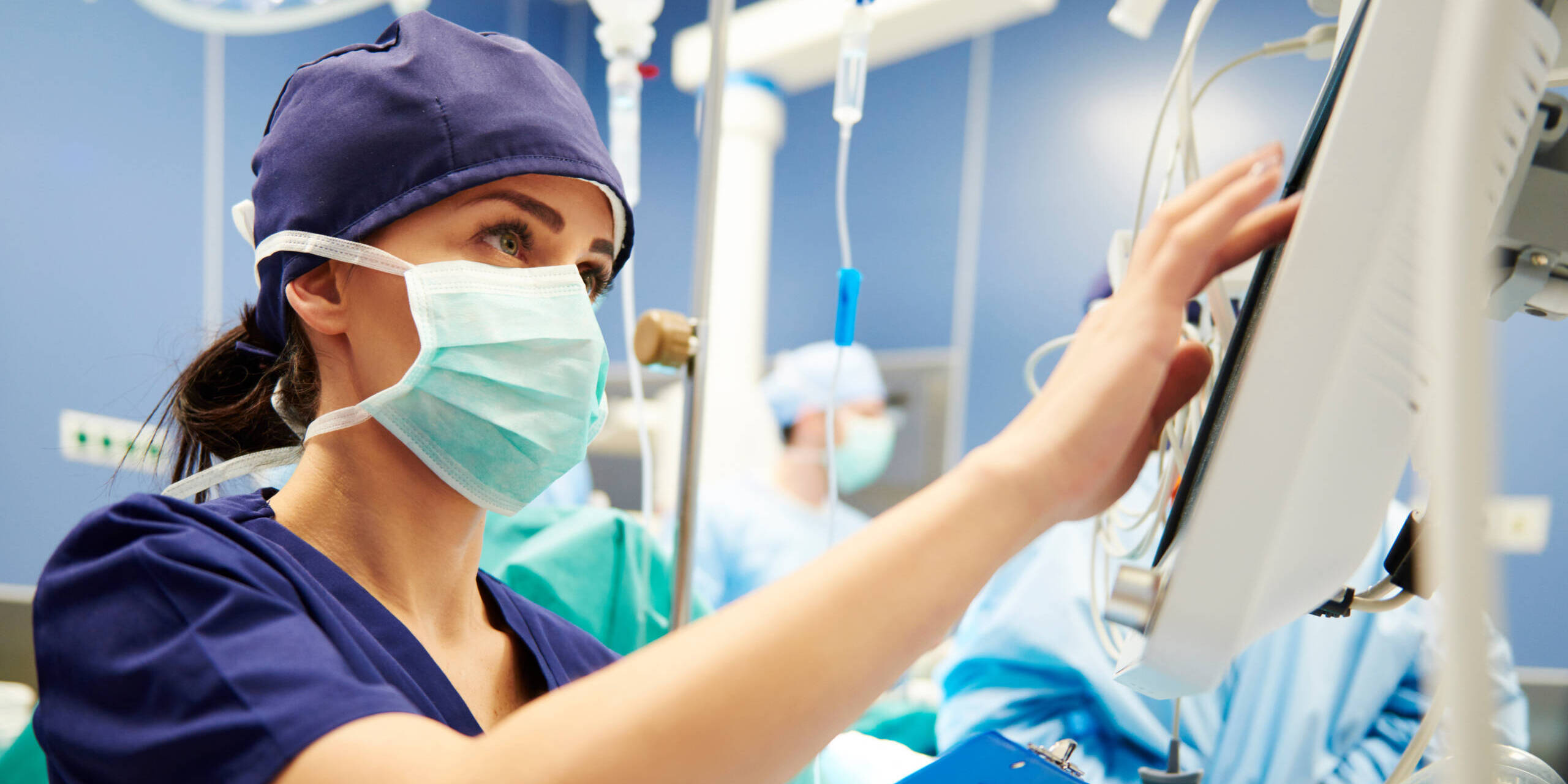The advancement of medical technology has enabled nurses to provide optimal care using innovative technologies that are designed to save time, improve patient care and increase overall efficiency. Although some might argue that certain technologies may lead to less of a personal touch, most nurses find that technological advances support their day-to-day responsibilities and further enhance patient interactions.
The healthcare industry will continue to evolve as innovative leaders in the medical field change the way nurses, doctors and specialists treat their patients. As a Licensed Practical Nurse (LPN) or Registered Nurse (RN) in today’s healthcare landscape, you will be expected to learn and adapt to the various technologies of modern medicine.
Many nursing programs offer an in-depth curriculum that covers a variety of patient care methods and techniques while familiarizing students with the technology found in a hospital or medical office setting. Between automated medication delivery systems to small mobile devices, advancements in nursing technology have touched nearly every task a nurse must learn in order to properly care for their patients.
What Nursing Technologies are Commonly Known and Utilized Today?
With the advancement of technology comes a range of digital tools and processes designed to improve how nurses provide care. Some of the more common examples of modern nursing technology include:
- Portable digital monitors allow nurses to constantly monitor a patient’s vital signs from anywhere in the hospital, including emergency notifications.
- Automatic IV pumps allow nurses to program medication dosage, delivery intervals and drip rates to ensure a patient receives medications on time.
- Electronic lift systems and smart beds provide mobility to patients with physical challenges while simplifying a nurse’s job of health monitoring through integrated sensors that track things like heart rate, blood oxygen, body temperature and weight.
- Wearable devices remove the element of human error and allow for faster, consistent and more accurate record keeping and health monitoring.
- Centralized command centers provide nurses real-time updates on inventory and room availability, as well as scheduling and patient discharge information.
- Electronic Health Records (EHR) collect important health data from a patient’s facility-specific medical records and combine it with their overall health information to create a comprehensive portrait of a patient’s medical history for healthcare providers to easily access.
- Telehealth and medical scheduling apps enable doctors and nurses to offer convenient, virtual care to patients through video conferencing to determine if an in-person visit is necessary given their symptoms or condition(s).
What Are the Advantages and Disadvantages of Nursing Technology?
Utilizing advanced nursing technology can have a number of tangible benefits, including:
- Streamlined access to patient records
- Visible efficiency boost in health monitoring and routine tasks
- Improved communication between team members
- Reduced patient wait times (i.e., medication schedules, IV flow rates, etc.)
- Decreased stress levels and nurse burnout prevention
Nursing technology can lead to a few disadvantages in certain situations, including:
- Occasional equipment and technology malfunctions
- Sometimes steep learning curves which can lead to frustrating training periods for nurses
- Fewer nurse-to-patient interactions (i.e., overreliance on machinery and equipment)
- Difficulty implementing new platforms and technologies across a facility’s medical staff
Earn a Diploma in Practical Nursing from St. Louis College of Health Careers
In just four semesters, you can earn your Practical Nursing diploma from St. Louis College of Health Careers (SLCHC) and become an ideal candidate for a variety of entry-level nursing positions. Throughout the duration of the program, we will work closely with you to develop the confidence and proficiency required of a nurse to tend to patients of all ages.
As a SLCHC graduate, you are eligible to apply to sit for the National Council Licensure Examination (NCLEX) to become an LPN. If you aspire to become an RN and you decide to further your education, our LPN to RN, AAS bridge program teaches you how to integrate evidence-based practices into patient care techniques and processes.
For additional information about our healthcare programs, call 866-529-2070 or send us a message.
